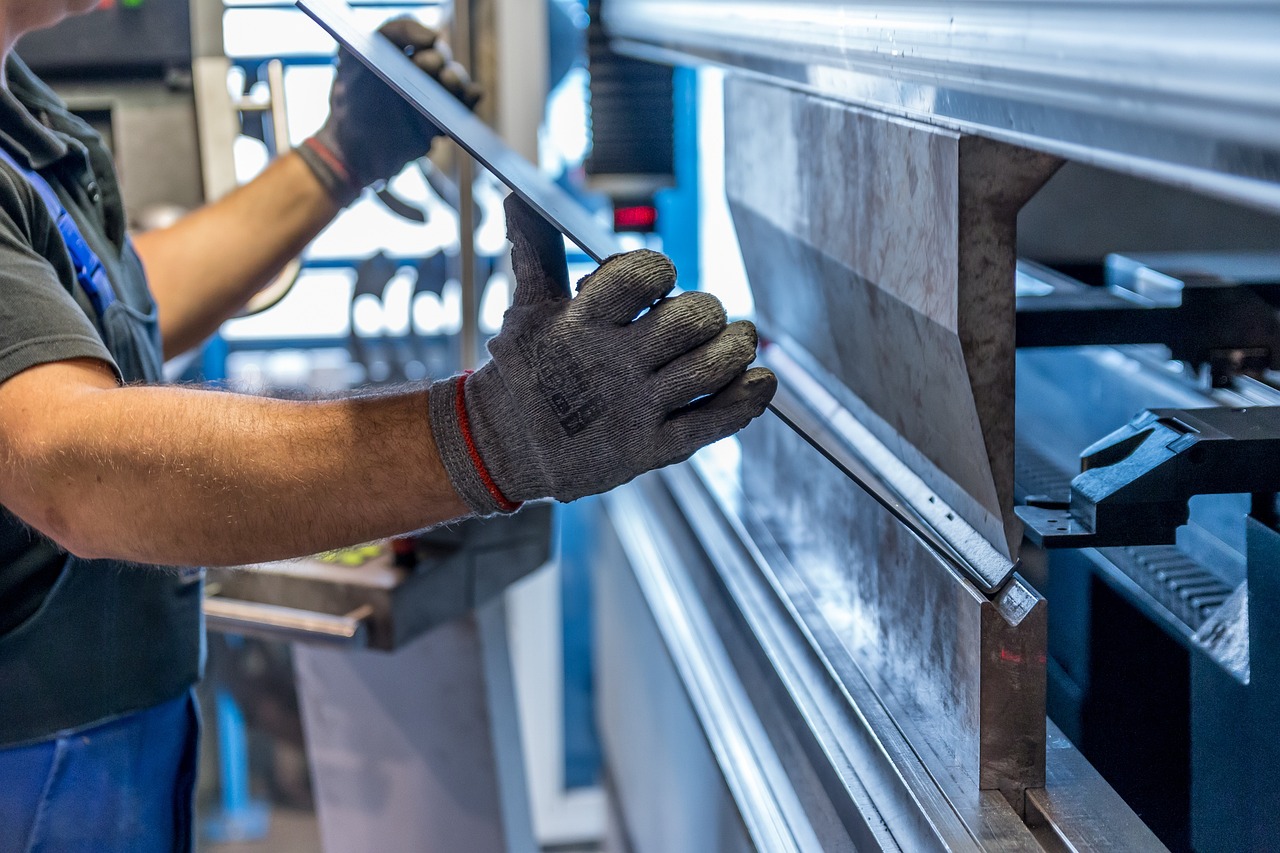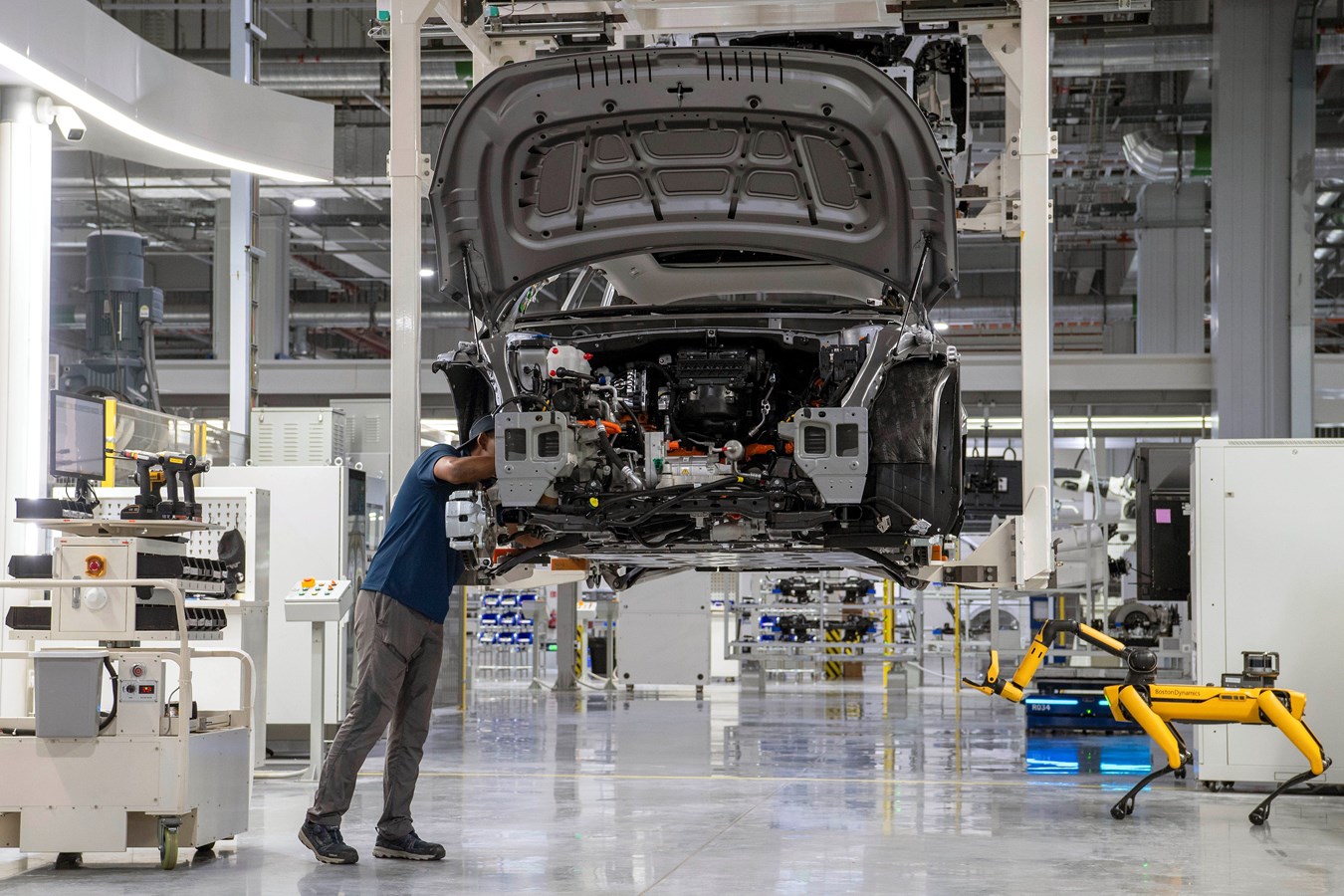Unveiling the Precision Tools That Power Automotive Production
Car manufacturing is a complex, high-precision industry where every component of production is critical. Among these, presses play an essential role in forming, shaping, and assembling vehicle components. Understanding the different types of presses used in car manufacturing can offer valuable insights into their applications, benefits, and maintenance requirements, and highlight how mechanical contractors support these processes.
Types of Presses in Car Manufacturing
1. Hydraulic Presses:
Hydraulic presses are widely used in automotive production for forming metal parts. These machines use hydraulic fluid to generate force, offering precise control over the pressing process. Their ability to exert consistent pressure makes them ideal for stamping, bending, and forming operations that require high accuracy and repeatability.
2. Mechanical Presses:
Mechanical presses operate using a flywheel and mechanical linkage to deliver a powerful, high-speed impact. They are typically used for high-volume production processes, such as stamping large panels or components. Although they generally offer less flexibility than hydraulic presses, their speed and efficiency make them indispensable for mass production environments.
3. Servo Presses:
Servo presses combine the benefits of both hydraulic and mechanical systems by using electric servo motors to control the press’s force and speed with high precision. These presses allow for programmable operations and are favored in modern manufacturing for their energy efficiency, reduced noise, and superior control over the forming process.
The Role of Mechanical Contracting in Press Installation and Maintenance
Mechanical contractors are key to the successful installation and maintenance of these critical pieces of machinery. Whether it’s installing a new servo press or upgrading an existing hydraulic system, expert mechanical contractors ensure that the equipment is integrated seamlessly into the production line. They handle everything from initial design and alignment to routine maintenance and upgrades, ensuring that the presses operate at peak performance with minimal downtime.
Preventive maintenance programs are essential in this context, as regular inspections and calibration of press machinery can prevent unexpected breakdowns and extend the equipment’s lifespan. Mechanical contractors bring specialized expertise to these tasks, using advanced diagnostic tools to monitor performance and address potential issues proactively.
In the fast-paced world of car manufacturing, the efficiency and reliability of press systems are vital to producing high-quality vehicles. Understanding the differences between hydraulic, mechanical, and servo presses—and the role of skilled mechanical contractors in supporting these systems—can lead to more streamlined operations and better production outcomes.
If your facility is looking to optimize its press systems or you need expert advice on integrating new press technology, contact Industrial Service Partners today. Our experienced team is ready to help you enhance your manufacturing processes with top-tier mechanical solutions.

Let's get started.
Contact us today to discuss your industrial service needs and get a free quote.



